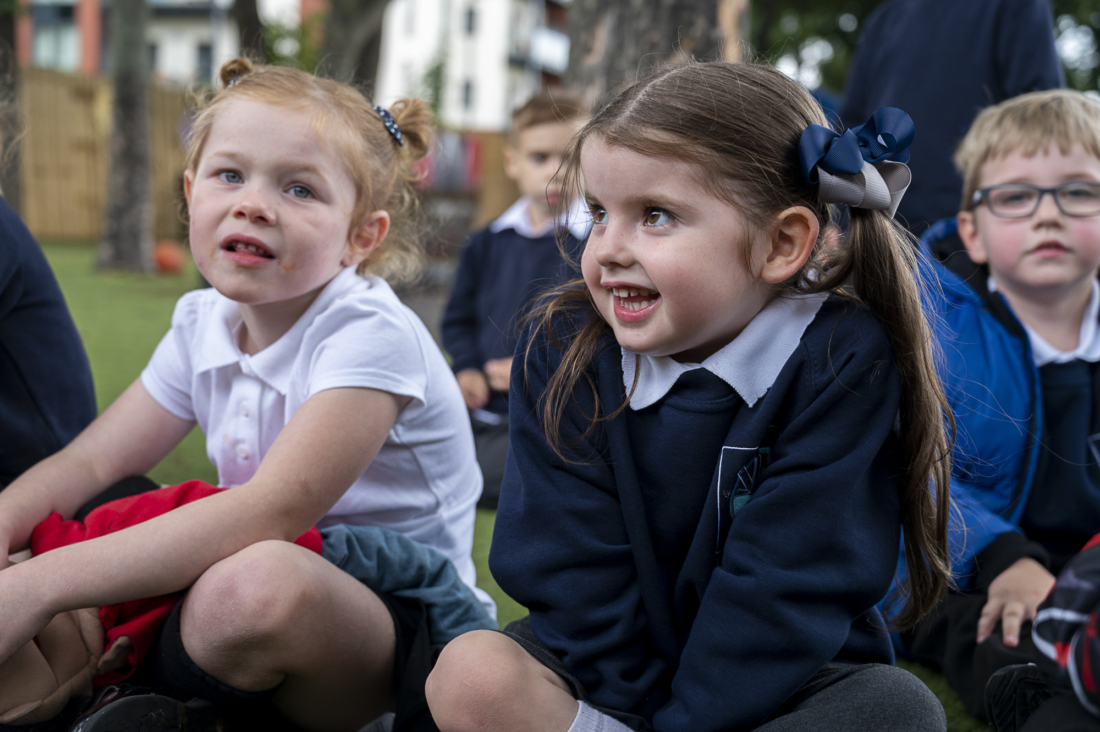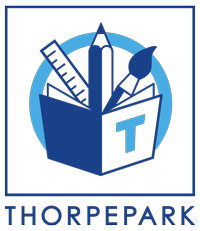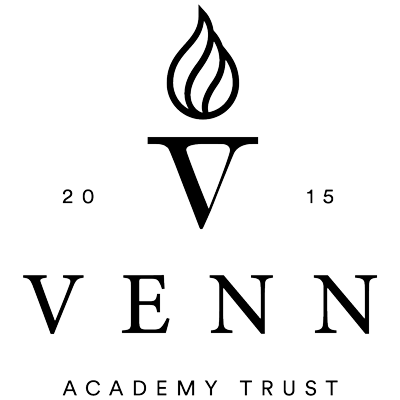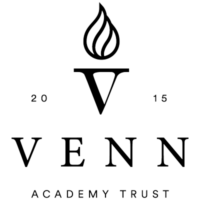Learning in Early Years Foundation Stage
The Early Years Foundation Stage (EYFS) sets the standards that all early years’ providers must meet to ensure that children learn and develop well and are kept healthy and safe.
It promotes teaching and learning to ensure children’s ‘school readiness’ and gives children the broad range of knowledge and skills that provide the right foundation for good future progress through school and life.
The EYFS seeks to provide:

The EYFS specifies requirements for learning and development and for safeguarding children and promoting their welfare.
The learning and development requirements cover:
“Leaders have ensured that the teaching of reading is strong.”
“Extra-curricular clubs are carefully chosen to stretch individual pupils’ talents in music, sport and other areas, including sewing.”
“Pupils are motivated to learn. They enjoy lessons and they achieve well.”
“Pupils often benefit from bespoke plans which are matched to their needs.”
“Pupils understand how to keep their minds and bodies healthy.”
“Pupils thrive at Thorpepark Academy.”
“Pupils learn about people and places from their local area in all subjects.”
“Parents work in partnership with leaders and staff.”
“Pupils are motivated to learn.”
“Pupil ambassadors check on other pupils’ well-being.”
“Leaders, including the trust, ensure that pupil, parent and staff well-being is a top priority.”
“Pupils are exposed to a wide range of high-quality books.”
“Children in the early years get off to a good start.”
“The curriculum for pupils with special educational needs and/or disabilities (SEND) is well designed.”
“The school’s offer for pupils’ personal development is exceptional.”
“Leaders are committed to and highly skilled in supporting pupils who struggle to manage their own behaviour.”
“There is a truly inclusive ethos.”
“Pupils are empathetic and show understanding of other pupils’ needs.”
“Pupils know ways to raise their own self-esteem and that of others.”
“By the end of key stage 2 pupils have secure knowledge in English and mathematics.”
“Leaders prioritise pupils’ well-being.”
“Pupils are well prepared for secondary education.”
“Pupils learn the importance of contributing to their community.”
“Many parents appreciate the adult learning and volunteering opportunities available to them.”
“Pupils enjoy being active citizens and getting paid in credits they can spend in the school shop.”
“Pupil mentors support younger pupils and those new to the school.”
“Lots of initiatives are in place to encourage pupils’ love of reading.”
“Leaders know the pupils, their families and the community very well.”
“Pupils love the ‘Thorpepark 50’.”
“Leaders have designed the curriculum to develop pupils’ sense of belonging, identity and pride in being from Hull.”






